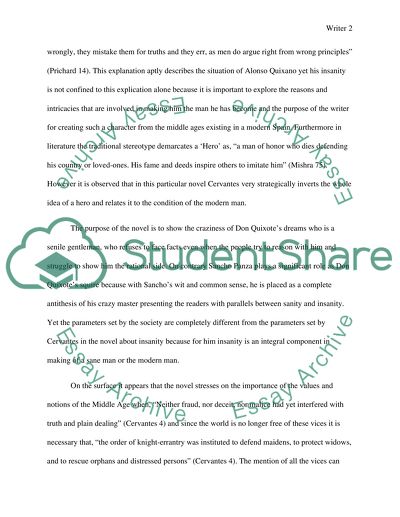Cite this document
(“The idea that insanity is a likely, if not necessary, condition of the Essay”, n.d.)
Retrieved from https://studentshare.org/literature/1462955-the-idea-that-insanity-is-a-likely-if-not
Retrieved from https://studentshare.org/literature/1462955-the-idea-that-insanity-is-a-likely-if-not
(The Idea That Insanity Is a Likely, If Not Necessary, Condition of the Essay)
https://studentshare.org/literature/1462955-the-idea-that-insanity-is-a-likely-if-not.
https://studentshare.org/literature/1462955-the-idea-that-insanity-is-a-likely-if-not.
“The Idea That Insanity Is a Likely, If Not Necessary, Condition of the Essay”, n.d. https://studentshare.org/literature/1462955-the-idea-that-insanity-is-a-likely-if-not.


